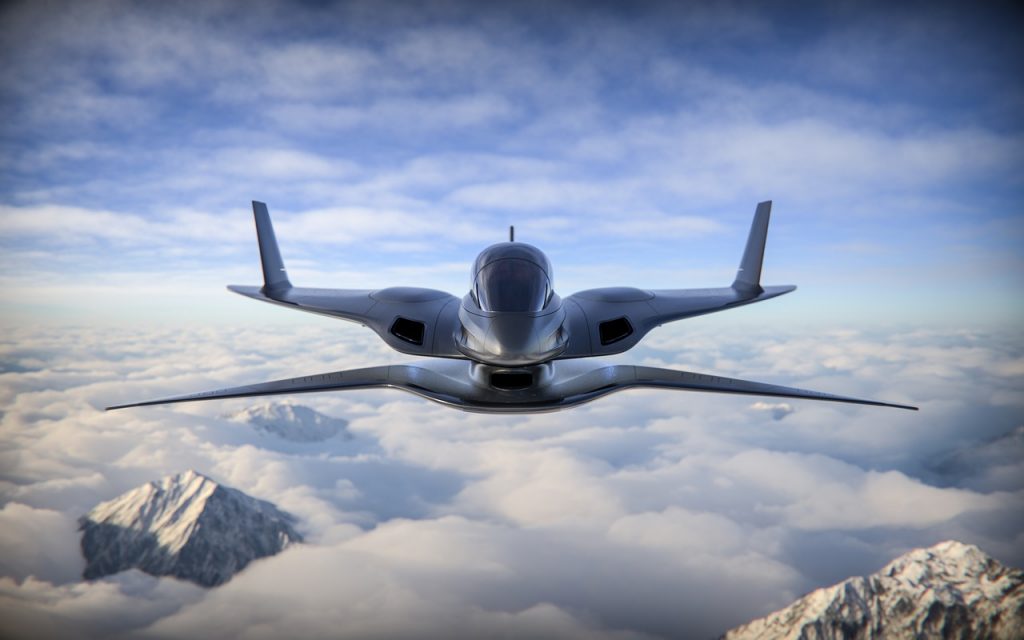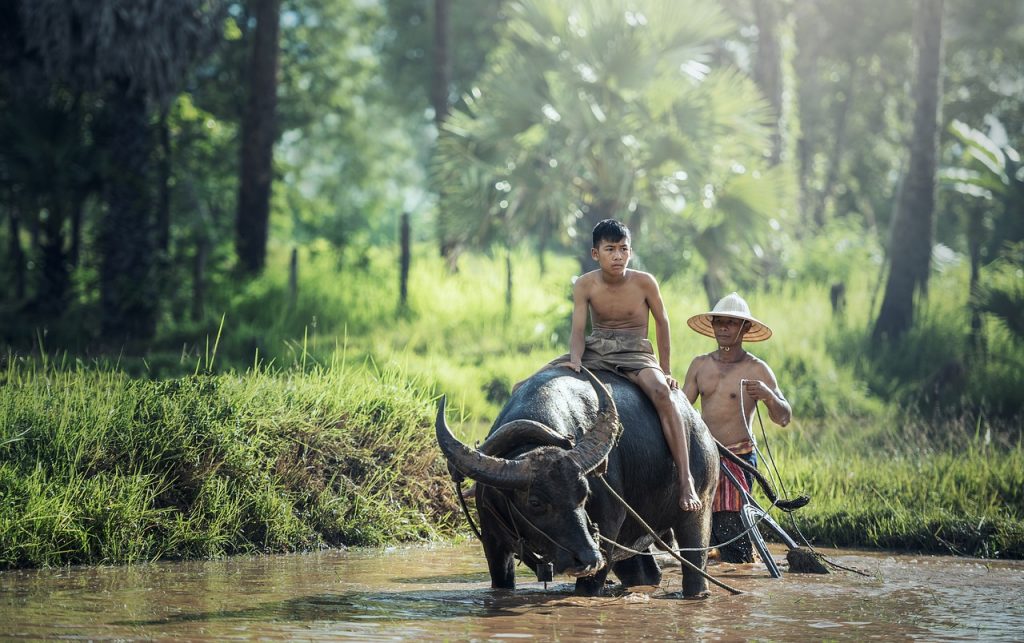SpaceX Is Setting Up Shop In Indonesia
SpaceX could end up setting up shop in Indonesia.
This article is more than 2 years old

Elon Musk launched SpaceX in a California office in 2002. Their first rocket test launches were conducted in the Marshall Islands. SpaceX has since moved their test launches to the US and with it have become an almost exclusive American entity. It looks like now, though, that may change.
Joko Widodo is the president of the Southeast Asia country, Indonesia. Last year, he personally pitched to Musk the idea of bringing SpaceX to his country to launch rockets. Widodo never mentioned a specific site, but apparently, Musk showed some interest.
This story, though, isn’t about Elon Musk or SpaceX. It is about the Abrauw clan who, for 15 generations, have lived much like the ancestors before them. The clan lives in harmony on the land they occupy on Biak Island. There, they use wooden plows for their fields. They set traps to catch snakes and wild boars for food and they collect medicinal plants to help heal their sick.
But the clan is fearful now for good reason. They fear they will simply lose their place in the world if the Indonesian government goes through with its massive plan to bring Musk’s SpaceX to their territory. The government claims to have “purchased” 250 acres of the Abrauw clan’s ancestral land decades ago, a claim that the clan leaders reject.
Biak Island has a population of around 120,000 and is located in the Indonesian portion of New Guinea that is known as West Papua. Its population is made up of over a dozen indigenous ethnic groups and most of the island is rural. It does have a few urban centers.
Most inhabitants, especially those like the Abrauw clan, survive on the land. They get their food from the ocean, and from the land they hoe. They are very dependent on both sources. Biak Island, though, has a couple of features that make it ultimately attractive for any company with notions of going into space.
First, Biak Island’s location, which sits one degree below the equator, makes launching rockets into space ideal because less fuel would be needed to get them into orbit. Second, the island is rich in copper and nickel, two things needed to manufacture rockets.
A potential spaceport is part of Joko’s push to bring modernization to the Southeast Asian island nation. This push would also include power plants, highways, and a new airport or two. These plans have no regard for the environment and also showcase the government’s questionable methods of acquiring land from its Indigenous people.
The “purchase” of the 250-acres is not without contention. The Abrauw clan says they never sold the land. They claim the four men who signed the document in 1980 had no right to sell the land as they were not Abrauw clan members.
But back then, the clan’s older generation was said to be too intimidated by the Indonesian army to object. The army, at the time, was conducting military operations on the island and anyone who criticized the Indonesian government could be jailed.
Now, though, the Biak clan has no trouble raising their voice. They say if Joko’s plan to bring SpaceX to the island goes through it would mean their protected forest would be chopped down, thus disturbing the land inhabited by endangered birds while also removing the Abrauw.

“The position of the Indigenous people is clear: We reject the plan,” said Apolos Sroyervia to The New York Times. Sroyervia is the chief of the Biak Customary Council which is an assembly of clan chiefs. “We don’t want to lose our farms because of this spaceport. We don’t eat satellites. We eat taro, and fish from the sea. That is our way of life for generations. Tell Elon Musk that’s our stance.”
For the Abrauw clan, one of the 360 clans living on Biak Island, their numbers are dwindling, sitting around 90 members. Not only is their removal of importance, but where they’d end up is unknown, which could ultimately lead to the death of their clan.
“We Papuans have to live in [the area of land that is passed on to us],” Markus Abrauw, the 54-year-old grandfather of 8 and clan chief, said to the BBC. “We cannot move to any other place. If we are, there will be hereditary killings. There will be conflict between clans that have the rights to the land, and clans who want to enter the land.”
The reality of the situation can be clearly seen on the government map of the proposed SpaceX building site. It shows that almost all of the Abrauw’s ancestral lands are within the buffer zone that would have to be cleared of people and everything else should even a small spaceport be built. The map also shows that the project site sits entirely within a protected forest.
“For Papuans, land is identity,” says Abrauw to The New York Times. “We will lose our identity, and no other clan will accept us on their land. Where will our children and grandchildren go?”
Nothing has been decided and for now, there is no set timeframe to make decisions. To Musk’s credit, if he should get any, he has yet to respond to Widodo, who has been trying to convince the clans of Biak Island that a spaceport would bring necessary jobs and money to the island. Gerson Abrauw is the cousin to the clan chief and a Protestant pastor. He sees it differently, as do the others in the clan.
“They say the spaceport project will create jobs, but there is no space expert in our clan and in our villages,” he said. “What they mean is three years of cutting down trees, removing roots, and digging foundations. After that, there will be a feast to say goodbye to us and then only those with an access card can enter the area.”
Let’s hope cooler heads prevail and Musk indeed decides to forgo the potential Biak Island site. Besides, it’s not like SpaceX doesn’t have other options, even in the general area of where they are now considering. Morotai Island, which sits about 550 miles northwest of Biak, is just one of the options.
Who’s going to win? The government or the people.




